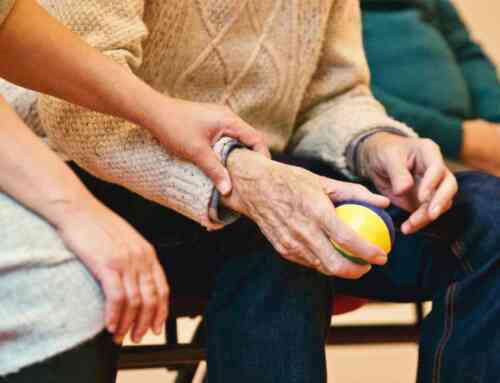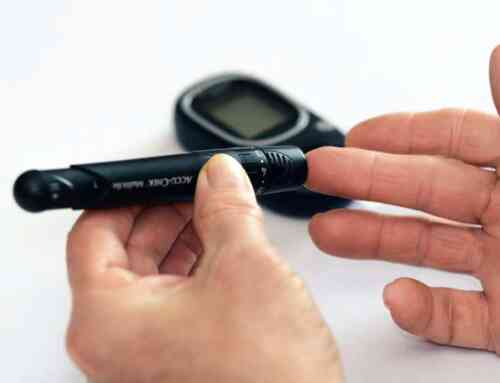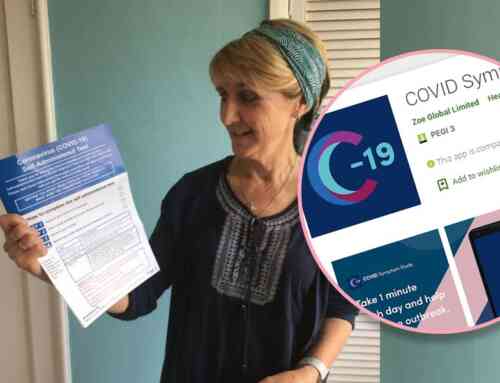Glastonbury 2019 has just ended and what a scorcher it was this year! The temperatures soared into the mid 30’s and the crowds swelled to listen to their favourite bands and newcomers to the festival scene. This is just the start of a whole season of events that take place throughout the UK and abroad throughout the summer and more people are attending festivals than ever before.
With increased numbers of people enjoying the live music over the course of a day or longer, this means more people are at risk of noise-induced hearing loss. If you have ever returned home form a live gig with a ringing in your ears, this is a warning sign that your ears have been exposed to a high noise level for too long. It may improve with no lasting damage, but it could lead to hearing loss or permanent tinnitus, a ringing or other unwanted sound that becomes a constant irritation.
Even attending one very loud all-day event can affect your hearing and it’s important to understand what is actually happening to your ears and the steps you can take to prevent lasting damage.
How loud is too loud?
Normal conversation is around 60 decibels, heavy traffic is 85 decibels, a siren is 120 decibels and fireworks are 120-150 decibels. Noise levels at 85 decibels and above are considered harmful.
A live concert is typically 110-120 decibels but could reach 140 decibels if you are close to the speakers. So, if you spend a whole day at a music festival your ears are exposed to the equivalent of listening to a siren or possibly even a firework display for the same duration of time.
What damage is done?
Excessive exposure to loud noise causes damage to the tiny hair cells in the sensory organ of the inner ear, the cochlea. These become over-stimulated and flattened and whilst sometimes they recover, (eg. that ‘ringing’ noise after a loud event that may disappear after a few days), it can also lead to long term damage and hearing loss. Everyone is at risk, regardless of age and the effect can be cumulative the more you expose your ears to loud noise.
What are the signs of damage?
You may find you have tinnitus in one or both ears or may just notice sounds are not clear and you are not hearing well. Often the hearing loss is mild at first so is difficult to notice. When it becomes difficult to hear conversation and clarity of sound is lost then the hearing loss is more severe.
How to protect your hearing.
The most important preventative measure is to wear earplugs. Some gigs and music events hand out free earplugs to encourage people to take more care, but the better solution is to invest in your own customised earplugs. Because these have been made to fit your specific ear canal they offer more protection whilst still allowing you to enjoy the music.
You should always take precautions NOT to stand near the speakers as this is where the noise level will be greatest. Finally, try to take breaks away from the music to allow your ears some recovery time. Noise damage is about duration and intensity, so the longer you are in a noisy environment, or even listening to music on headphones, the greater the risk of irreversible damage.
At Aston Hearing we can make personalised earplugs and can test your hearing to give you a baseline hearing level by which to keep a check on any future deterioration. We can also advise on safe practice when attending noisy events and supply ear defenders for young children.
You don’t have to sacrifice your love of live music events, just adopt some sensible precautions so that you can hear well long after the event.





